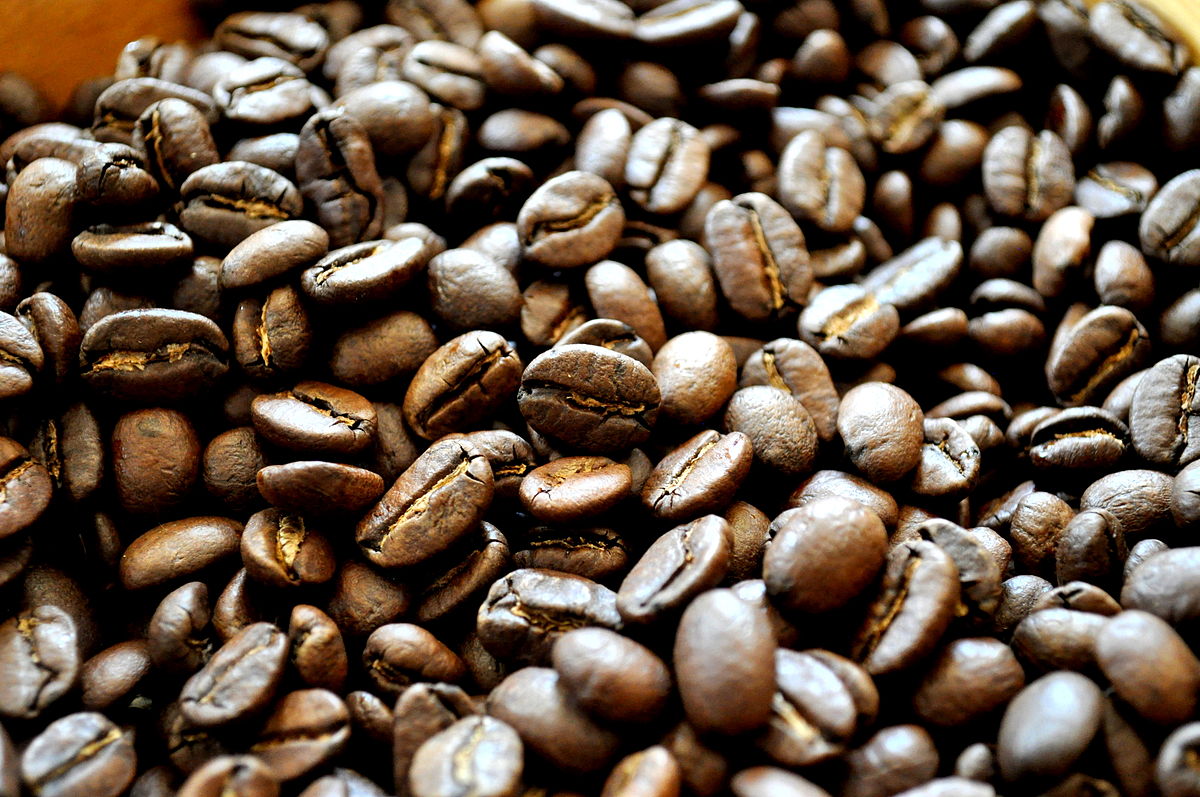The World’s Worst Cup of Coffee- And What It Taught Me About Pride
There I was, dropped off at a tiny home for the first of what would become many nights in the big city of San Jose, Costa Rica. I sat down at the table with my Spanish-speaking host mother, trying to muster up all of the Spanish I learned in high school. Once we got past the easy small talk of the, “Me llamo Emily” (“My name is Emily”), and “Tengo diecinueve años” (I’m 19 years old”) sort, it became clear that it was going to be a long, challenging month of complete immersion in the Spanish culture.
My Costa Rican host mother, or “tica” mom, offered me a cup of coffee. I wasn’t much of a coffee drinker, but I knew that Costa Rican coffee is said to be the best in the world. I gladly accepted, eager to try the rich coffee. After she sat the coffee down in front of me, I looked at the assortment of condiments on the table. I poured in some milk, and remembered that I should add some sugar as well, because why not? There were two jars in front of me, each filled with what looked like sugar. I reluctantly chose a jar and scooped a spoonful of its contents into my mug.
As I took my first sip, I immediately knew that something was wrong. I remember thinking that either coffee is extremely different in the States, or my taste buds need serious medical attention. I ignored the bitter taste and continued making small talk with my tica mom, taking the tiniest sips while she carried on
As I sat in utter confusion, I noticed that the jars were labeled. One of them had “Azucar” written on it, while the other, the jar I chose for my coffee, was labeled “Sal”. Immediately, I realized the mistake I had made. I seriously put salt into my first cup of Costa Rican coffee! No bueno!.
Learning is hard. When you really and truly learn something, you make mistakes in the process. That’s the part that is most helpful. When learning a new language or experiencing a new culture, don’t be afraid to make mistakes! Messing up and doing embarrassing things is actually beneficial in the learning process. While studying abroad, students are placed in situations in which they have never been before. The process of immersion into another culture is the ultimate action of humility and realizing that you don’t know everything, and that that is OK! In order to let yourself learn, you have to put aside your pride.
So don’t be embarrassed when you make mistakes while studying abroad. Embrace the fact that you don’t know everything! If you allow it, your study abroad experience will teach you so much. Academically, culturally, emotionally, and so much more.
**********************************
Do you have any funny or embarrassing study abroad or language-learning stories? Leave us a comment below!
[accordion_tab title=”Collegiate Correspondent: Emily Maulding” default]

